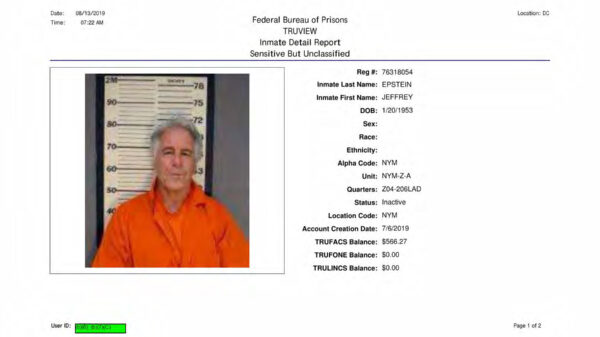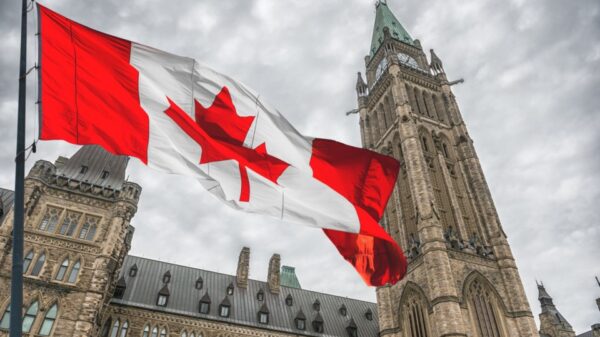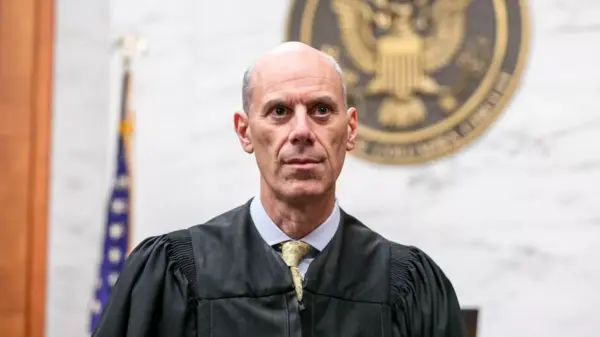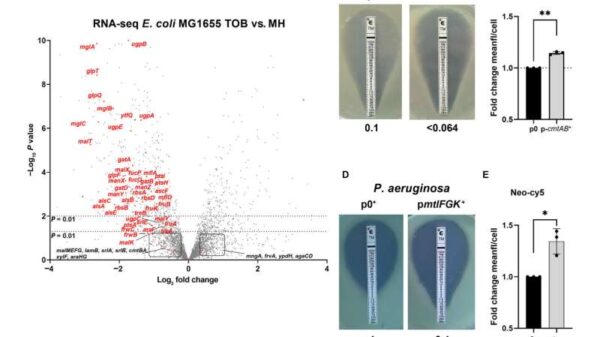A federal judge has issued a temporary injunction preventing the Department of Health and Human Services (HHS) from sharing Medicaid enrollees’ personal data with immigration officials. On August 12, 2023, District Judge Vince Chhabria of the Northern District of California ruled that the Department of Homeland Security (DHS) could not access Medicaid data from approximately 20 million individuals enrolled in the program. This decision comes amid ongoing concerns regarding the privacy of sensitive health information.
The controversy centers around a policy that would allow immigration authorities to use Medicaid data to locate undocumented immigrants. Judge Chhabria’s ruling highlights potential violations of privacy rights and the implications of using health care information for immigration enforcement. The judge emphasized the need for a thorough examination of the policy’s legality before any data sharing occurs.
In his ruling, Judge Chhabria pointed out that the proposed data sharing could lead to a chilling effect on individuals seeking medical care. Many may avoid enrolling in Medicaid or seeking necessary healthcare services due to the fear of their information being shared with immigration authorities. This concern is particularly relevant for vulnerable populations who rely on Medicaid for essential health services.
The preliminary injunction represents a significant legal challenge for the Biden administration’s immigration policies, particularly those aimed at addressing the status of undocumented immigrants. The administration has been under scrutiny for balancing immigration enforcement with the need to protect public health, especially during the ongoing effects of the COVID-19 pandemic.
The HHS had defended the proposed policy by stating that it would enhance the efficiency of immigration enforcement. However, critics argue that utilizing Medicaid data for such purposes endangers the trust between healthcare providers and patients, potentially deterring individuals from seeking medical assistance.
This ruling may set a precedent for future legal battles concerning the intersection of healthcare and immigration enforcement. As the case progresses, it will likely attract attention from advocacy groups and legal experts concerned about the implications for public health and civil rights.
The court’s decision underscores the critical importance of safeguarding personal health information in the context of immigration policy. As discussions continue regarding the future of Medicaid and its role in society, the balance between enforcement and access to healthcare remains a contentious issue.



































































